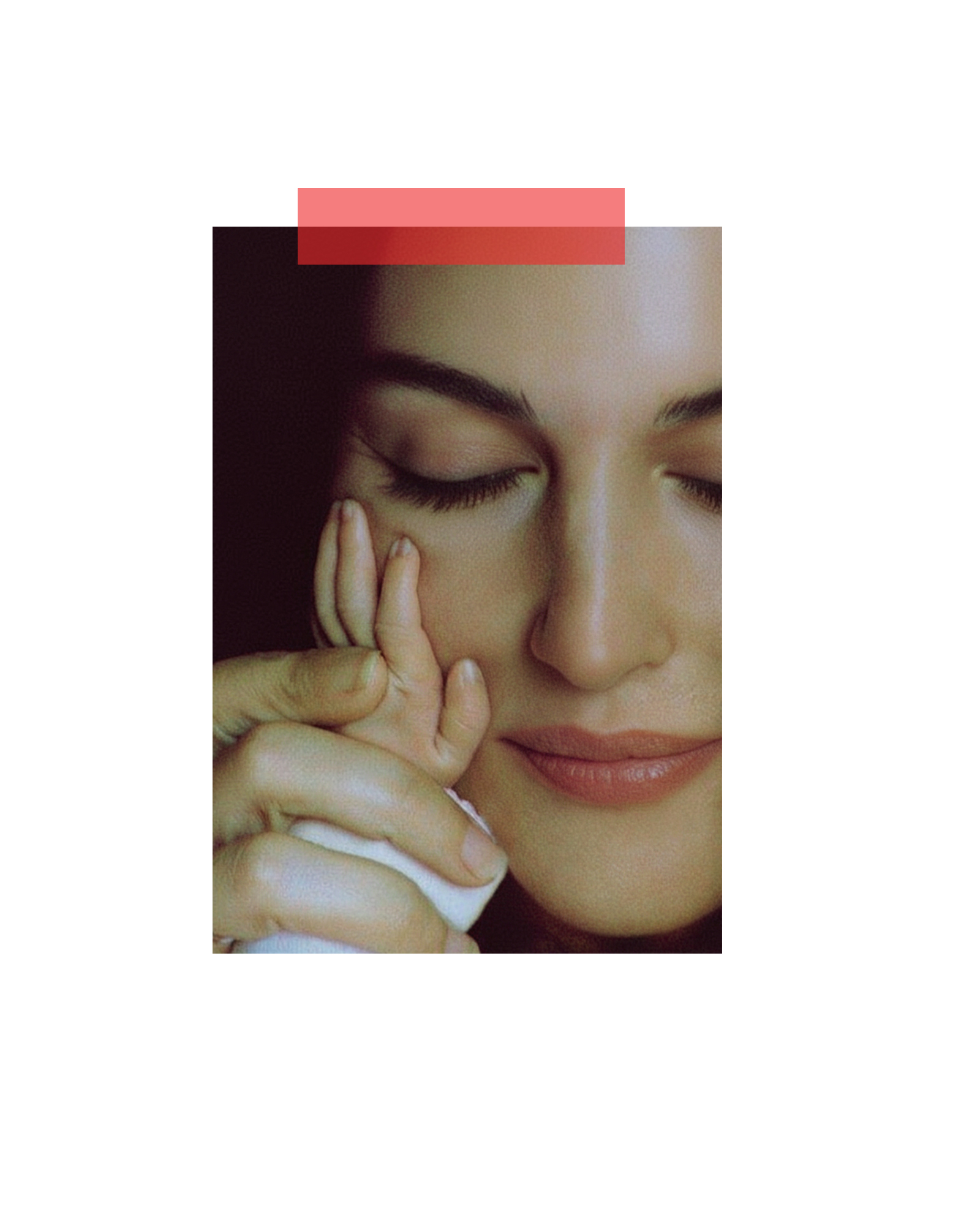Breastfeeding is a beautiful and demanding phase, and just like during pregnancy, hormonal fluctuations continue to impact the skin. While many skincare ingredients become safer post-pregnancy, it's still crucial to approach your routine with awareness and prioritise the well-being of your baby. Your body is still working incredibly hard, and supporting your skin through continued hormonal shifts is key to maintaining its health and comfort.
Understanding Skin Changes During Breastfeeding
The skin's condition during breastfeeding can be influenced by several factors:
- Continued Hormonal Shifts: While pregnancy hormones subside, the hormones involved in lactation (like prolactin) can still influence skin. Some may find their skin returns to a more "normal" state, while others might experience continued dryness, sensitivity, or even fluctuating oiliness and breakouts.
- Dehydration: Breastfeeding increases your fluid needs significantly. If not adequately met, this can manifest as increased skin dryness, dullness, and a less plump appearance.
- Fatigue: Sleep deprivation is common with a new baby, and lack of sleep often shows on the skin, contributing to dullness, dark circles, and a tired complexion.
- Increased Sensitivity: Skin may remain more sensitive or reactive than pre-pregnancy, especially if you're experiencing ongoing dryness or hormonal fluctuations.
- Post-Pregnancy Hyperpigmentation: Melasma (chloasma) from pregnancy may persist or even be exacerbated by sun exposure if not diligently protected.
Strategic Skincare During Breastfeeding: Informed Choices
The good news is that most skincare ingredients are generally considered safe during breastfeeding as very little is absorbed into the bloodstream in concentrations high enough to pass into breast milk and affect the baby. However, it's still wise to be informed and, when in doubt, consult with your healthcare provider. The focus remains on gentle yet effective care, addressing specific concerns, and robust protection.
Essential At-Home Adjustments:
- Gentle & Hydrating Cleansing: Continue using mild, non-stripping cleansers (creams, milks, gentle gels). Avoid harsh foaming agents or very hot water to protect your skin's barrier, which may still be delicate.
- Prioritise Hydration: Hydration is paramount, both internally and topically. Use hydrating serums rich in hyaluronic acid, glycerin, and squalane. Follow with nourishing, barrier-supporting moisturisers. Look for ingredients like ceramides and fatty acids to reinforce the skin's protective layer.
- Smart Exfoliation: For managing dullness or congestion, Alpha Hydroxy Acids (AHAs) like glycolic acid and lactic acid are generally safe and effective. Salicylic acid (a BHA) in typical over-the-counter concentrations (e.g., 2% or less, especially in wash-off formats like cleansers) is also widely considered safe, though always use with a mindful approach. Avoid overly aggressive exfoliation.
- Retinoids (With Caution/Preference for Topical): Topical retinoids (such as retinol, retinaldehyde) are generally considered safe during breastfeeding due to minimal systemic absorption, unlike oral retinoids. They're excellent for boosting collagen, improving texture, and managing breakouts or post-inflammatory hyperpigmentation. If you're concerned, discuss with your doctor or opt for alternatives like bakuchiol.
- Hyperpigmentation Management: For melasma or other pigmentation, continue using Vitamin C, Niacinamide (Vitamin B3), and Azelaic Acid. These are effective brighteners with excellent safety profiles for breastfeeding. Hydroquinone is generally advised against due to insufficient data on absorption into breast milk.
- Acne Management: For any lingering breakouts, safe options include azelaic acid, gentle salicylic acid cleansers, and niacinamide. Always consult your doctor before using any prescription-strength acne medications.
- Targeted Eye Care: Combat fatigue-induced dark circles and puffiness with eye creams containing caffeine, peptides, and hyaluronic acid.
- Non-Negotiable Sun Protection: Daily, broad-spectrum SPF 30+ (or 50+) sunscreen is crucial. Mineral-based sunscreens with zinc oxide and/or titanium dioxide are often preferred for their minimal absorption and excellent protective qualities. This helps prevent melasma recurrence and protects against overall UV damage.
Supporting Measures & Lifestyle:
- Internal Hydration: Drink plenty of water throughout the day to support overall hydration, which directly impacts skin plumpness and elasticity.
- Nutrient-Rich Diet: Continue a balanced diet rich in essential fatty acids, antioxidants, and vitamins to support skin health from within.
- Rest (When Possible): While challenging with a newborn, prioritising rest is vital for skin repair and regeneration.
- Gentle Movement: Light exercise can boost circulation and help manage stress, benefiting skin vitality.
Professional Treatments to Consider
Always discuss any in-clinic treatments with your healthcare provider. Many aesthetic treatments are considered safe and beneficial during breastfeeding:
- Hydrating & Calming Facials: Focus on gentle, nourishing treatments that support barrier function and provide deep hydration.
- LED Light Therapy: Extremely safe and highly beneficial for calming inflammation, promoting healing, reducing redness, and stimulating collagen. It's a wonderful, non-invasive option.
- Microdermabrasion & Gentle Chemical Peels: Can be used to address dullness, congestion, and mild textural irregularities. Always ensure the peels used are gentle and appropriate for your skin's current sensitivity.
- Oxygen Facials: Provide a gentle boost of hydration and revitalisation without harsh ingredients.
- Lymphatic Drainage Massage: Excellent for reducing facial puffiness and promoting detoxification.
During breastfeeding, your body continues its incredible work. By making informed choices about your skincare, focusing on hydration, protection, and gentle nourishment, you can support your skin's health and maintain its radiance throughout this rewarding time.
